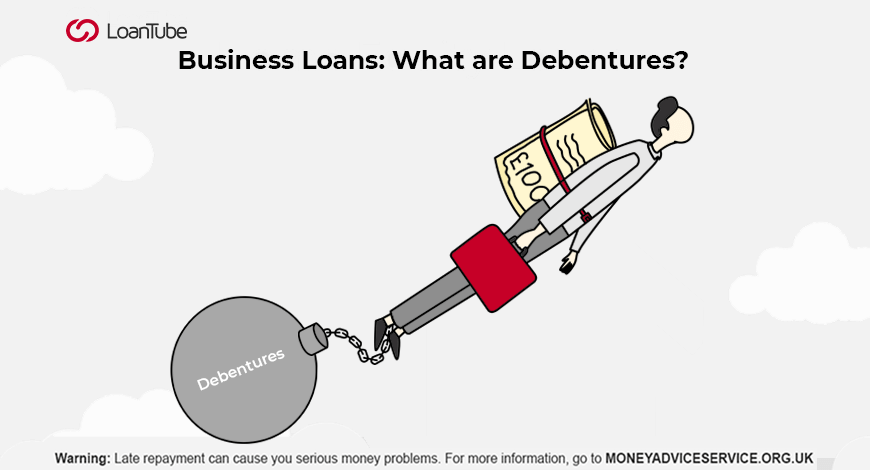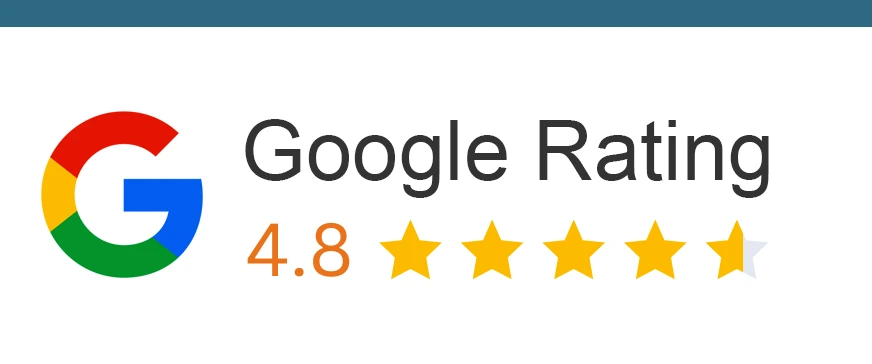Taking out a business loan is an onerous task as it is, owing to the administrative hurdles. The reluctance of some lenders makes it even tougher to get approved for one. You may come across some pressing needs in your business that need tending to defined by business advisory.
If you happen to have the resources, how easy would it be to lend to your own business! However, you need to set up some paperwork to secure your money if the company becomes insolvent. This is where a ‘debenture’ comes into play.
Maximise your options: Compare and apply for loans below with LoanTube
Apply Filters
What do you mean by a debenture?
- A debenture outlines the terms of a business loan, to help lenders secure their money against the borrower’s assets. It helps in establishing the lender’s charge over the debtor’s assets if they default.
- Traditional lending institutions such as banks use debentures to secure their business loans, in case a borrower’s company goes insolvent. Usually, this document defines how your business’ assets will be used as security, the loan amount, and the interest rate.
- Banks can only use debentures on Limited companies or Limited Liability Partnerships (LLPs), not on a sole trader or standard partnership.
- An executive director who has lent money to their company can also use a debenture to insure their loan. A private lender can also use debentures.
How does it work?
- When a loan gets approved, a loan agreement is drawn, which is signed by both parties alike. Once the borrower signs the debenture, the lender has 21 days to register at the Registrar of Companies at Companies House. If they don’t and your business becomes insolvent, they will only have as much claim on your assets, as any other unpaid unsecured lender.
- Now if your business goes bankrupt, the lender will be rightfully claiming against your company’s assets such as property, IT equipment, machinery, or furniture. The only items a lender can’t claim are your assets.
- In simpler terms, the lender levies a legal charge over your company assets, which doesn’t cost you anything.
How many types of debenture charges are there?
A debenture can grant two types of charges – fixed and floating. Your lender will benefit from at least one of them, if not both:
- Fixed Charge: Lenders use fixed charge to ensure that they get precedence over other creditors, to recuperate the outstanding loan, in case of insolvency. Essentially, a fixed charge would allow a lender to take possession of a defaulting debtor’s assets. As the lender gets the ownership, they’re now free to retrieve the remaining debt by selling the assets. One of the most common assets against which lenders place fixed charge is property. Another common one is on covering the freehold/leasehold of your property. Other than that, fixed charges can be placed on building fixtures, trade fixtures, fixed manufacturing plant, and machinery as well as vehicles. In case of a fixed charge, the debtor won’t be able to sell assets with a fixed charge, without the lender’s authorization. If they do, the returns would go to the lender. Alternatively, you can invest in a new asset, and the lender will place a fixed charge over it.
- Floating Charge: A floating charge can be placed on all assets of a business, including stocks, vehicles, fixtures and fittings, raw materials, capital, even intellectual property. The word ‘floating’ defines the fluid nature of this charge, as it can change over time. The borrower can change these assets (by the means of buying or selling), during their business. Now if your firm becomes insolvent amidst the loan’s tenure and the lender enforces the debenture, this floating charge will ‘crystallize’ to become a fixed charge. As a consequence, you, as a borrower, will not be allowed to deal with the company’s assets, without the lender’s permission. The lender that places the floating charge will be given precedence over other unpaid unsecured creditors when repayments are allocated.
Can there be multiple debentures?
- Yes, a single borrower can have multiple lenders, and thus multiple debentures. Both lenders may place a fixed or a floating charge, or a mixture of both. Usually, when a borrower already has a debenture signed with their first lender, it is recommended to not sign one with the second.
- When multiple debentures are involved, to recuperate from a debtor’s assets, the lenders have to agree to a priority among themselves. Lenders and borrowers usually agree to such an arrangement through a ‘Deed of Priority’.
What is the difference between debentures and bonds?
- There’s a thin line differentiating bonds from debentures. Put simply, all debentures are bonds, but not all bonds are debentures. An unsecured bond can be referred to as a debenture.
- A business would generally agree to a debenture for their business loan, to procure funding for planned business expansion or a large-scale project. Debentures are also referred to a ‘revenue bonds’. This is because the issuer retrieves their capital from the returns of the business that they financed through the loan.
- Bonds, on the other hand, are an ‘I Owe You’ (IOU) between an investor and an issuer. An investor lends a sum of money with a promise of repayment at agreed-upon maturity date. During the term of the bond, the investor may receive the periodic interest payment.
Why do companies issue debentures?
- Companies can be a primary benefactor of debentures as they provide long-term funds with an interest which is relatively much lower than other unsecured debt. The funds can help in the holistic development of the firm and are highly lucrative compared to other loan options.
- Debenture issuers in a company have limited voting rights in the business they’re investing in. This means that a debenture would not result in loss of control for the company. Additionally, a debenture loan has no effect on profit-sharing in the firm.
What are the risks of debentures?
- The company that borrows a debenture is obligated to the lender of their interest, as per their agreement. So if a company is already going downhill financially, this payment could incur a further loss, stunting their expansion and business goals.
- Moreover, in the case of a fixed charge, the business will lose complete control over their assets. If they want to sell or buy assets, they will require the lender’s permission. This results in a loss of flexibility in the management of assets.


